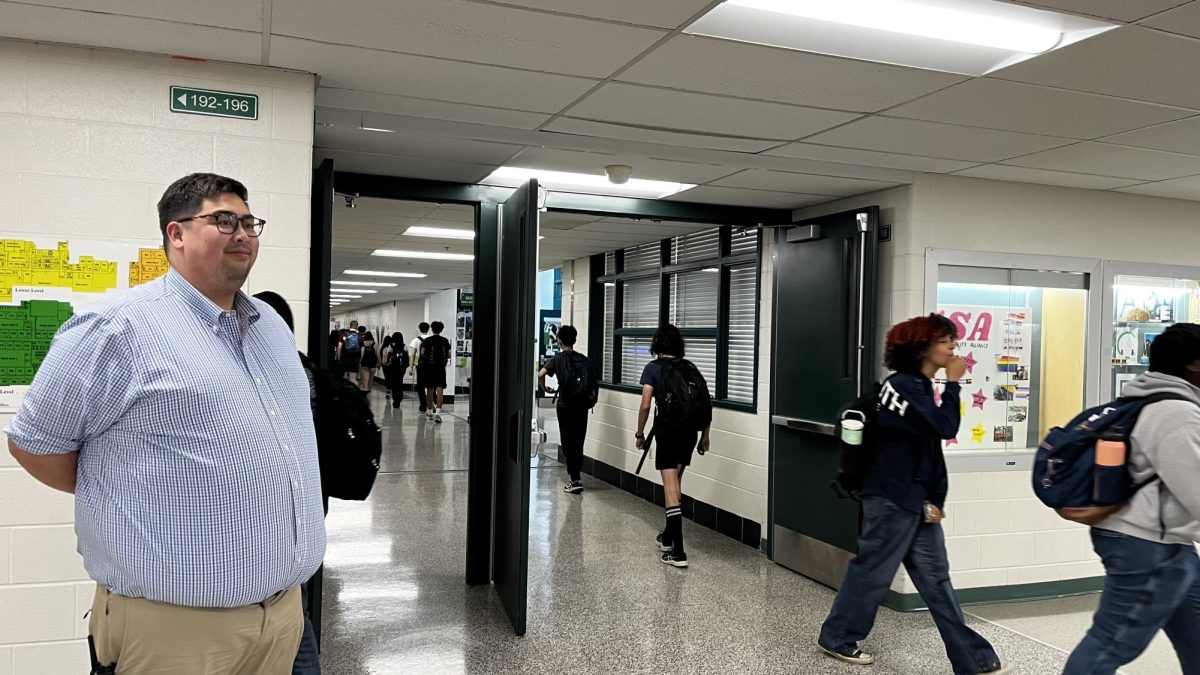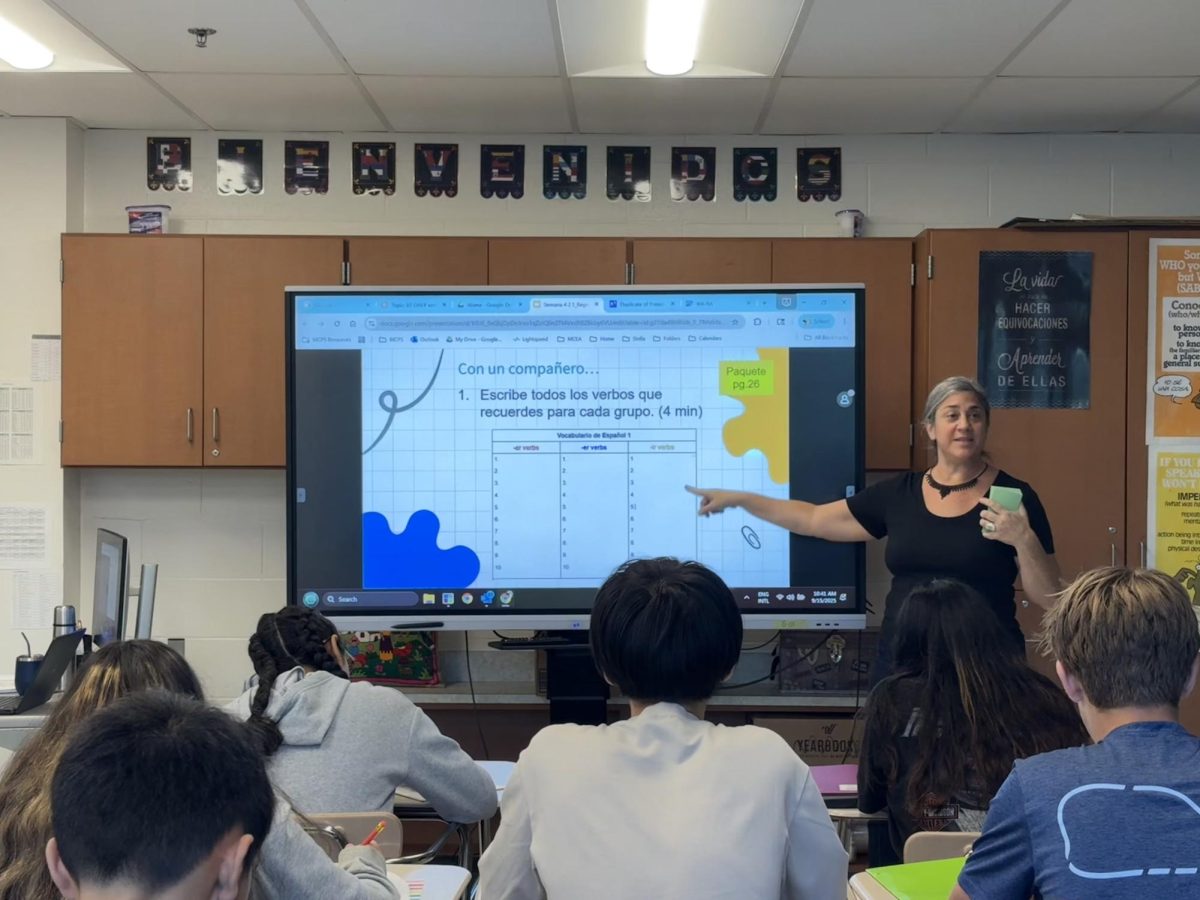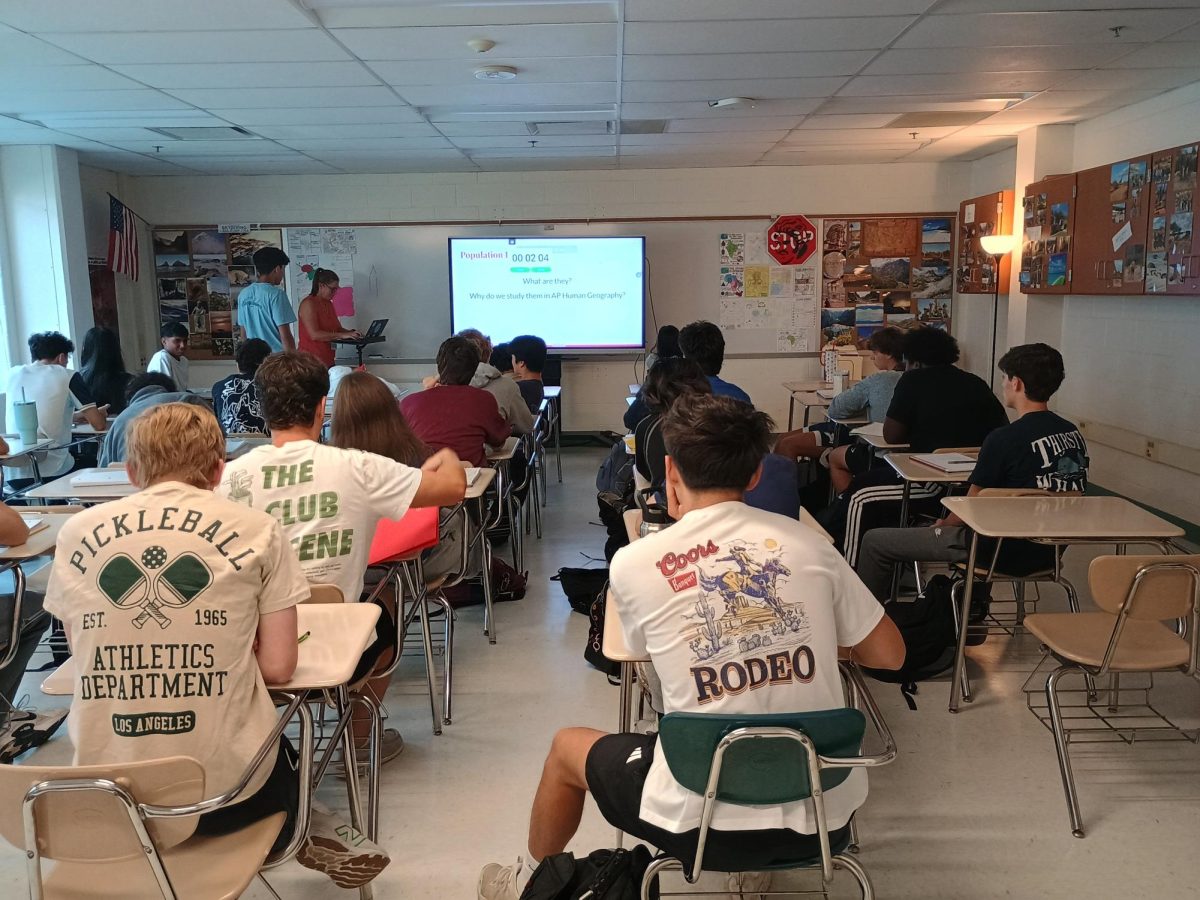The step between high school and college is a fundamental change in life, crossing the border between teenager and adult. For many, the next big decision they will face is the choice between diving straight into a higher education, the workforce or taking a year to reflect and relax. A quick Google search will produce countless articles about the benefits of a gap year, from traveling the world without obligations to working to earn tuition money. Despite this, some seniors still show apprehension towards taking a gap year between high school and college.
For students who are already confident about what they want to study in college, a gap year can feel like a pointless loss of momentum toward their education goals. Senior Mariano Ferreira took this into account when deciding whether or not to take a gap year.
“I have no reason to take one. I already know my major. I am personally quite afraid of having too much school work during college and I really don’t want to slow down my performance as a student,” Ferreira said.
While Ferreira advises against a gap year, he still offers advice to those who plan to take one.
“Only take a gap year if you consider it necessary. It could be for either work, choosing a major or [an]other personal reason. Be aware that it may make it harder to go back to doing various kinds of schoolwork. I believe taking a gap year slows down the education process and it could potentially make some students less productive,” Ferreira said.
Not everyone has a negative view of gap years, as there are useful benefits from taking one. Senior Ziqing Chu emphasizes the benefits and drawbacks a gap year could provide.
“I would like to take a gap year because we make a lot of big decisions at 18, so I feel like it’s best to take time off to get to know yourself. However, I feel like there is a lot of social stigma against taking a gap year mostly because the expectation is to enter a higher level of education right away or enter the workforce. I also feel like there’s a worry that colleges won’t look at you the same if you take a gap year because that’s a whole gap in your experience,” Chu said.
Keeping these in mind, along with their parents’ opinion, Chu decided not to take a gap year and instead go straight to college.
“I plan on pursuing a bachelor’s degree right after high school and I plan on doing graduate school as well to get either a master’s or PHD,” Chu said.
Although it is not their plan, Chu acknowledges the opportunities that a gap year can provide students.
“I would recommend if you have the chance to take a gap year to absolutely take a gap year or a gap semester. My biggest piece of advice is to try to find a way to busy yourself during your gap year. Don’t just stay at home, use it to do something you really want to do and try out something new, maybe even take the chance to stay in another country and see how the culture is there. The point is to really take the time to get to know yourself before you declare your major when you come back,” Chu said.
For students who are taking a gap year, such as senior Isa Schaefer-Fortier, a gap year is an attractive prospect. She plans to move to Utah, where she deferred her acceptance to the University of Utah to spend the year caring for her aunt’s baby before pursuing her higher education the following year.
“A major part of my decision was my aunt being pregnant, but I also considered that I want to work with kids, how much money I would make and how much money I would love. There is also the fact that I love Utah, and the quality of life is appealing,” Schaefer-Fortier said.
For Schaefer-Fortier, the benefits outweigh the cons by far, and she feels confident in the people in her life to support her.
“I do worry about the FoMo aspect, but I think overall, the financial aspect is the biggest pro. Know your support systems, and take the time to find who you can talk to, because it can be a complicated process, so having people who you know who can help you can be helpful,” Schaefer-Fortier said.
Many students, like senior Indie Viriiakul, hold mixed feelings about gap years. While they don’t discredit the decision, it is not a path they choose to pursue.
“I got into the college that I wanted to get into and I feel like taking a gap year, as much as it would be nice to take a break from school, would make the process of applying again a lot more difficult. I don’t think it’s bad, it just depends on a person’s situation financially. If someone has enough money to afford it and has a reserved seat at the college they want to go to, I think it’s fine to take a gap year, but for others who really need that education and want to start it early should go straight to college,” Viriiakul said.
As controversial as a gap year can be, a common thread of advice is to take the time to relax and enjoy life. For many people who take a gap year, it is the first time in years that they get a whole year to themselves to relax, have fun and figure out who they are.
“Advice I would give would be to try not to focus on school until the time comes and try to relax as much as possible if you are intentionally deciding to skip a year of school, and to take the year off to get yourself together and figure out what you want to do in life,” Viriiakul said.














